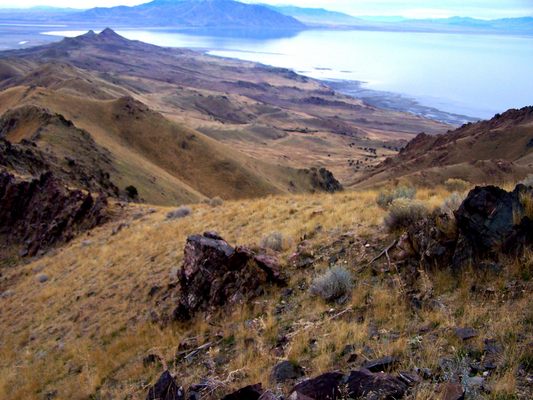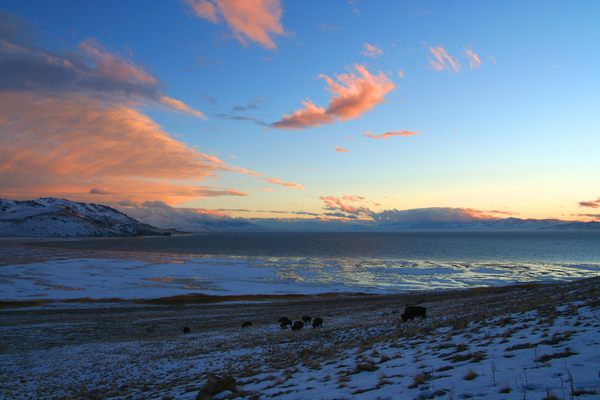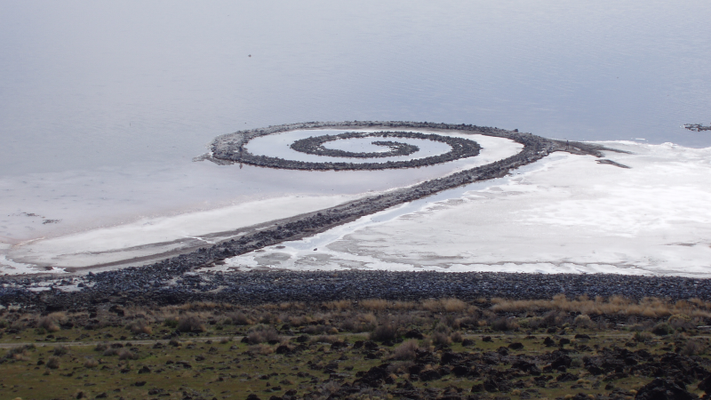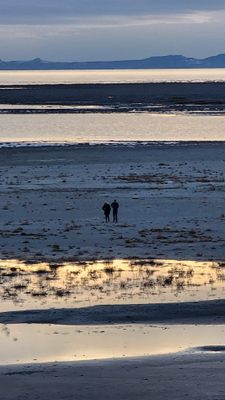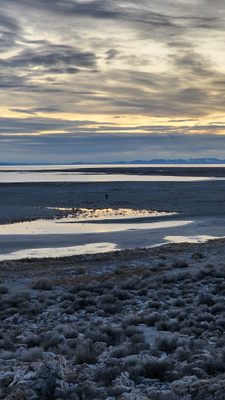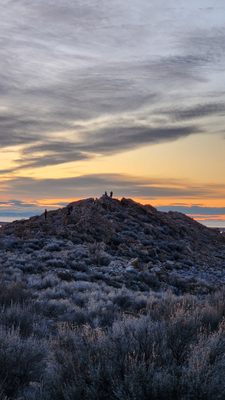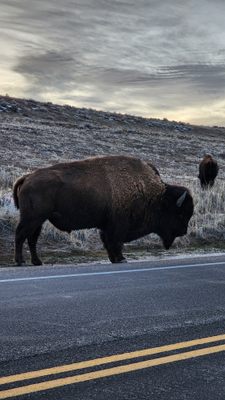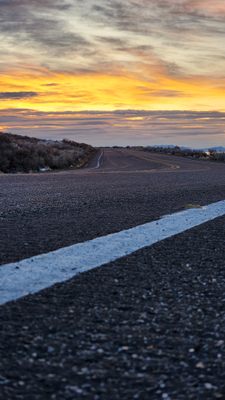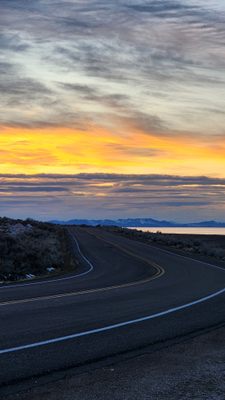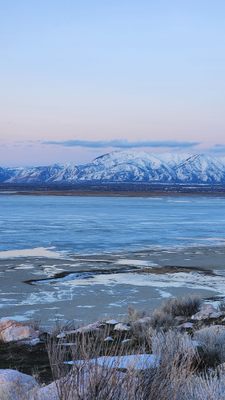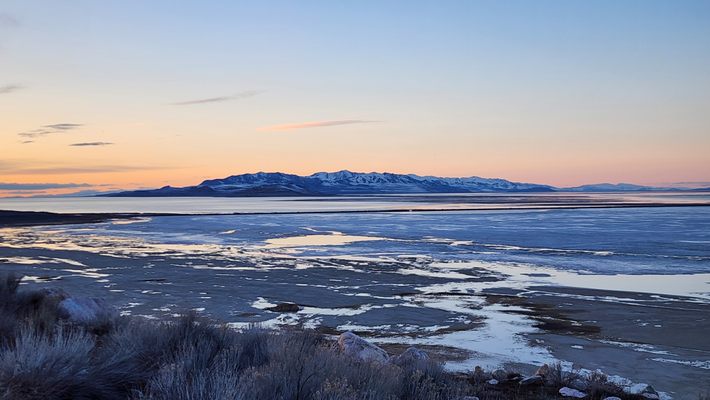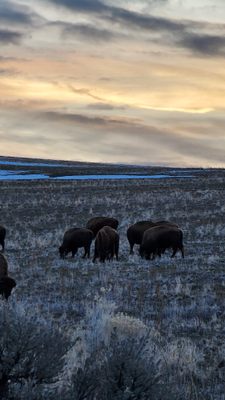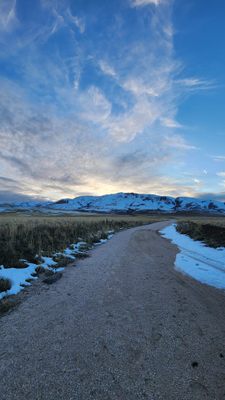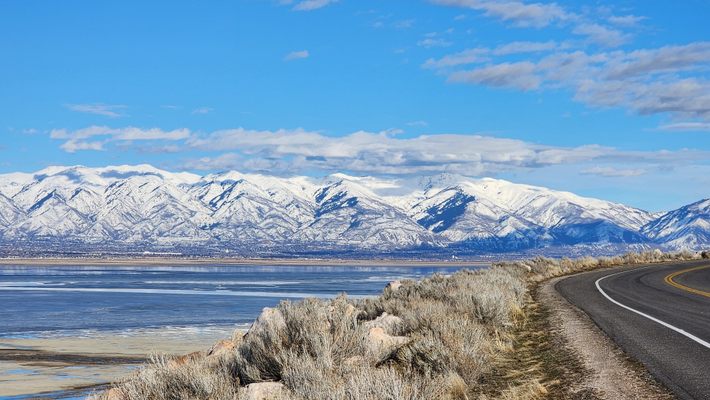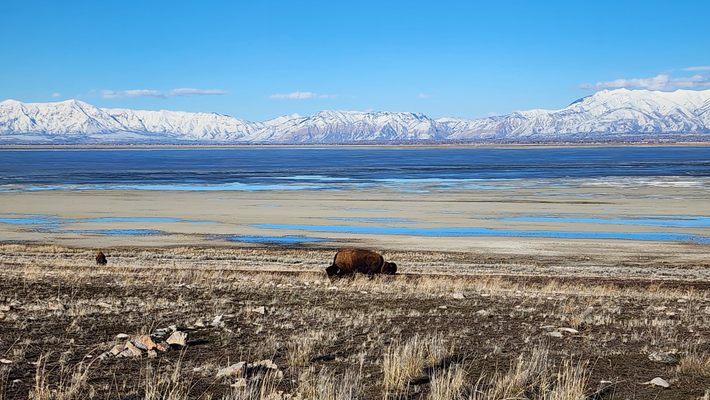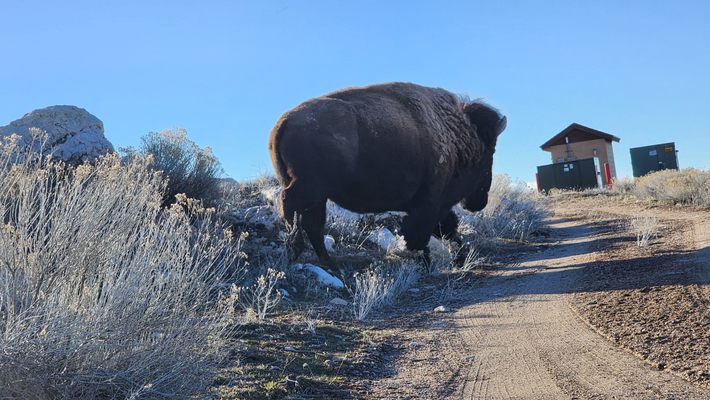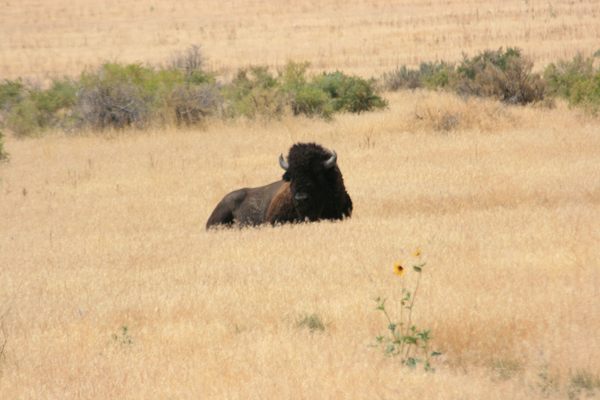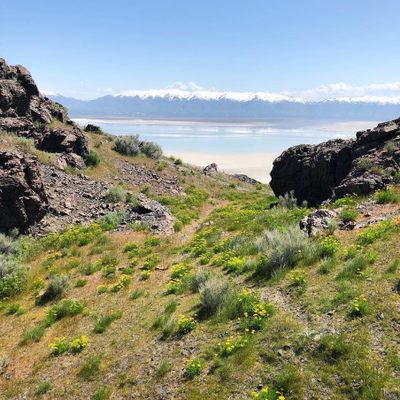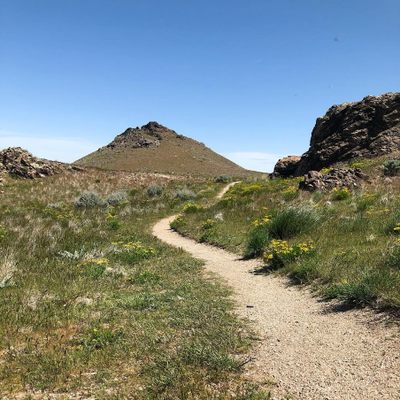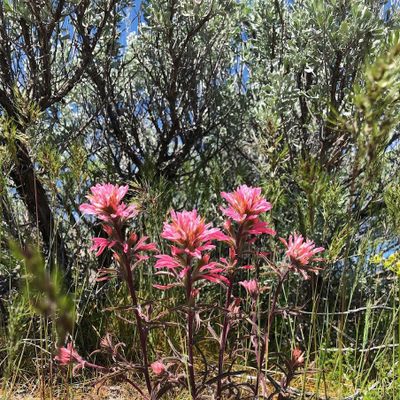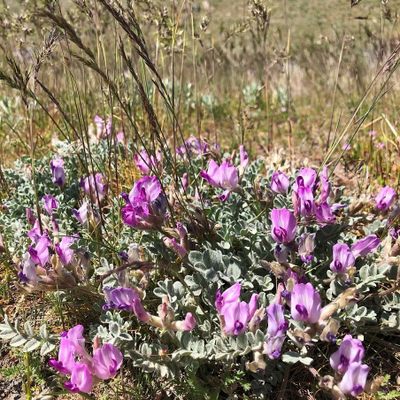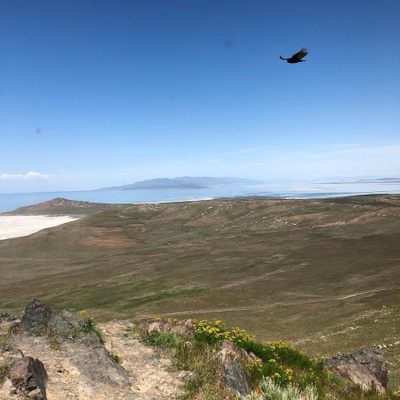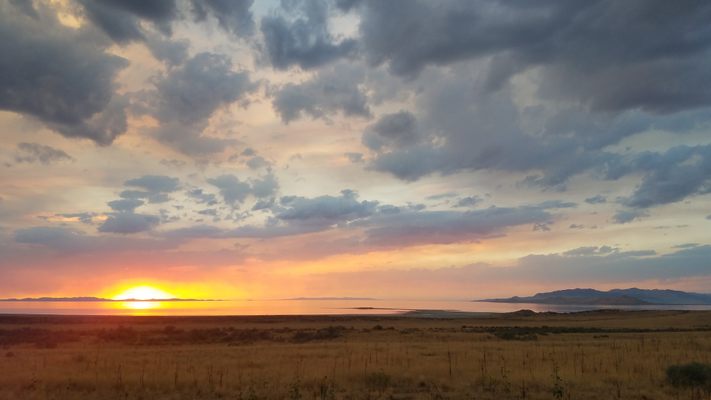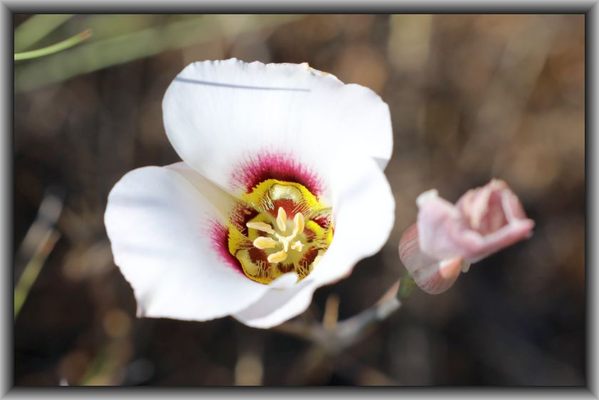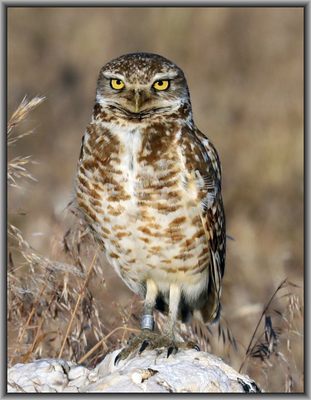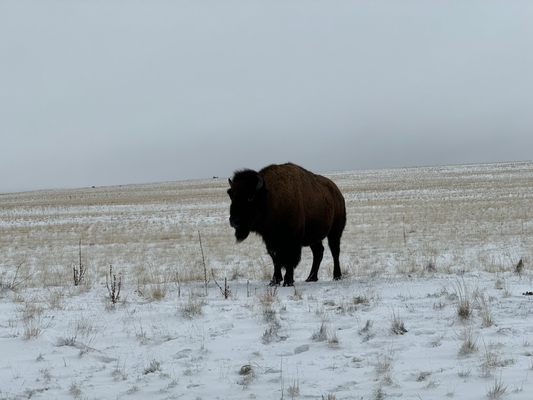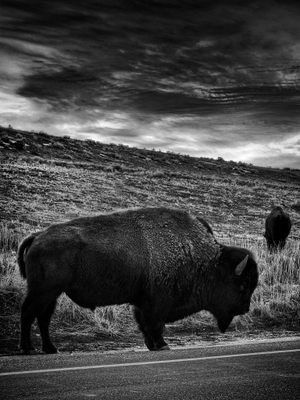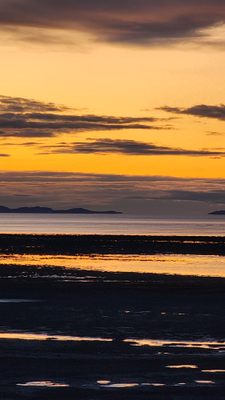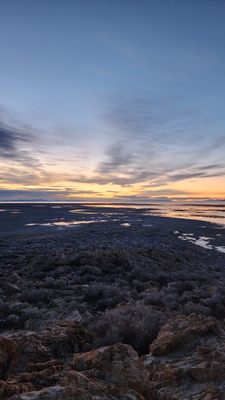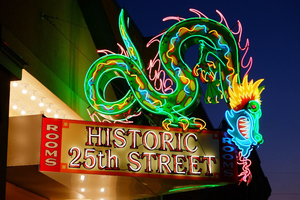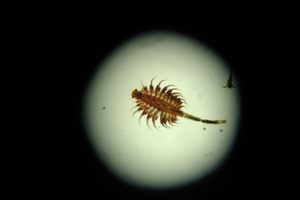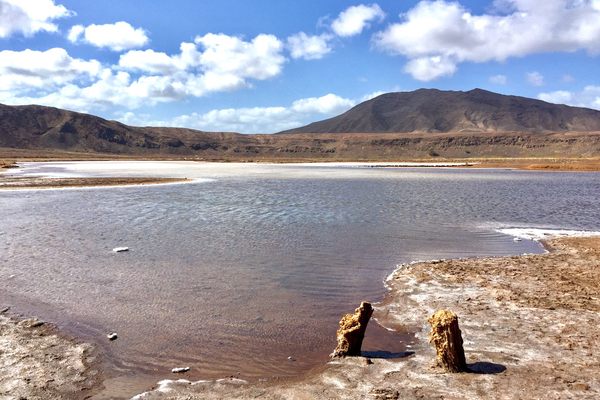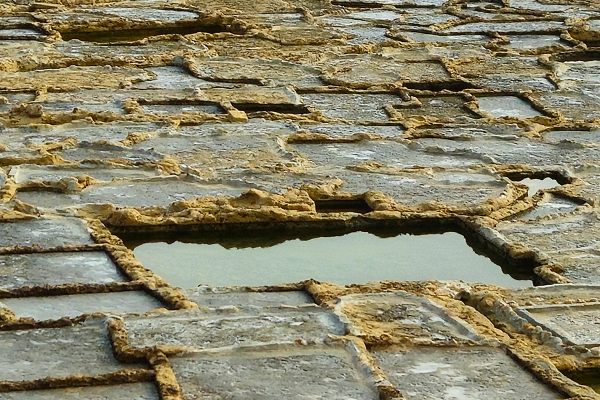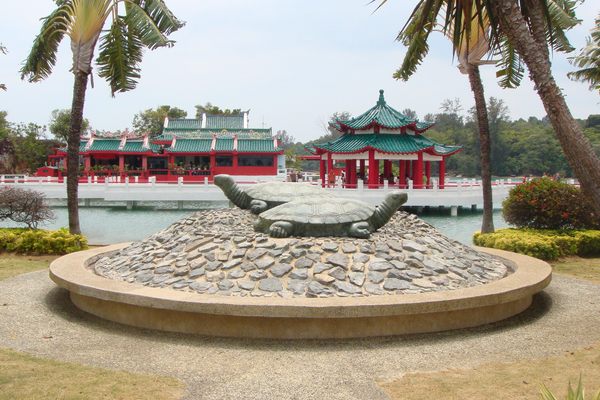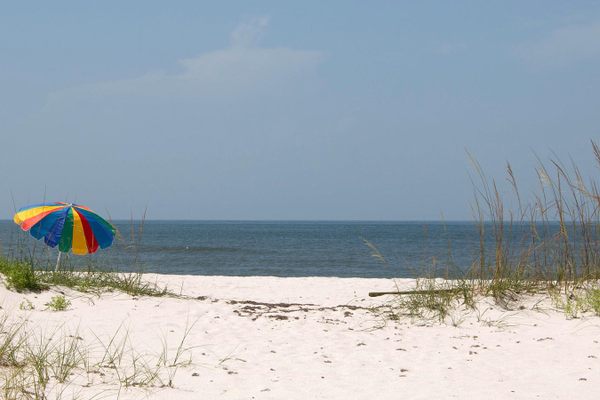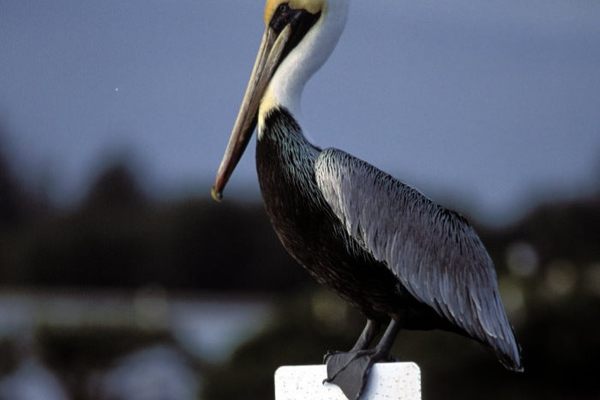About
Named for the species of Pronghorn Antelope that once lived here, Antelope Island is one of Utah's Great Salt Lake's 11 recognized islands. The Great Salt Lake in which it sits is the 4th largest terminal lake in the world, and is roughly 22 percent salt (with a specific gravity of 1.17), making it possible to float on the water with great ease. It is home to bison, antelope (which were re-introduced in the 90s), numerous migratory birds, coyotes, bobcats, eagles, and the ubiquitous brine shrimp and brine flies that live throughout the salt lake.
However, the island and surrounding lake is home to some even more unusual characters as well. Antelope Island ( or possibly Freemont) was the location of exile for an odd criminal named Jean Baptiste. In 1862 the local grave digger was accused by Brigham Young and other members of the Church of Jesus Christ of Latter-Day Saints of stealing the clothes from up to 300 bodies. Young vowed to "make him a fugitive and a vagabond on the Earth," and Baptiste was branded and sent to live on the island in exile. What Baptiste wanted with the clothes of the dead is still unclear. He later mysteriously disappeared from the island.
There is another odd and somewhat less believable character associated with the lake known as the North Shore Monster. In 1877 Salt Works employees claimed to have seen a monster with a crocodile body and a horse head, though it is likely that what they saw was a bathing bison. A more recent and very real visitor to the salt lake was "Pink Floyd," a Chilean flamingo escaped from a nearby aviary. The only flamingo in the entire lake, he migrated there for over 18 years, eating brine shrimp and socializing with gulls and swans.
Also of interest is the yearly bison roundup, where the bison are herded into pens and checked for disease, inoculated, and extra calves are auctioned.Nearby on the northeastern shore of the lake is the giant Spiral Jetty sculpture of Robert Smithson.
Related Tags
Community Contributors
Added By
Published
February 13, 2009
